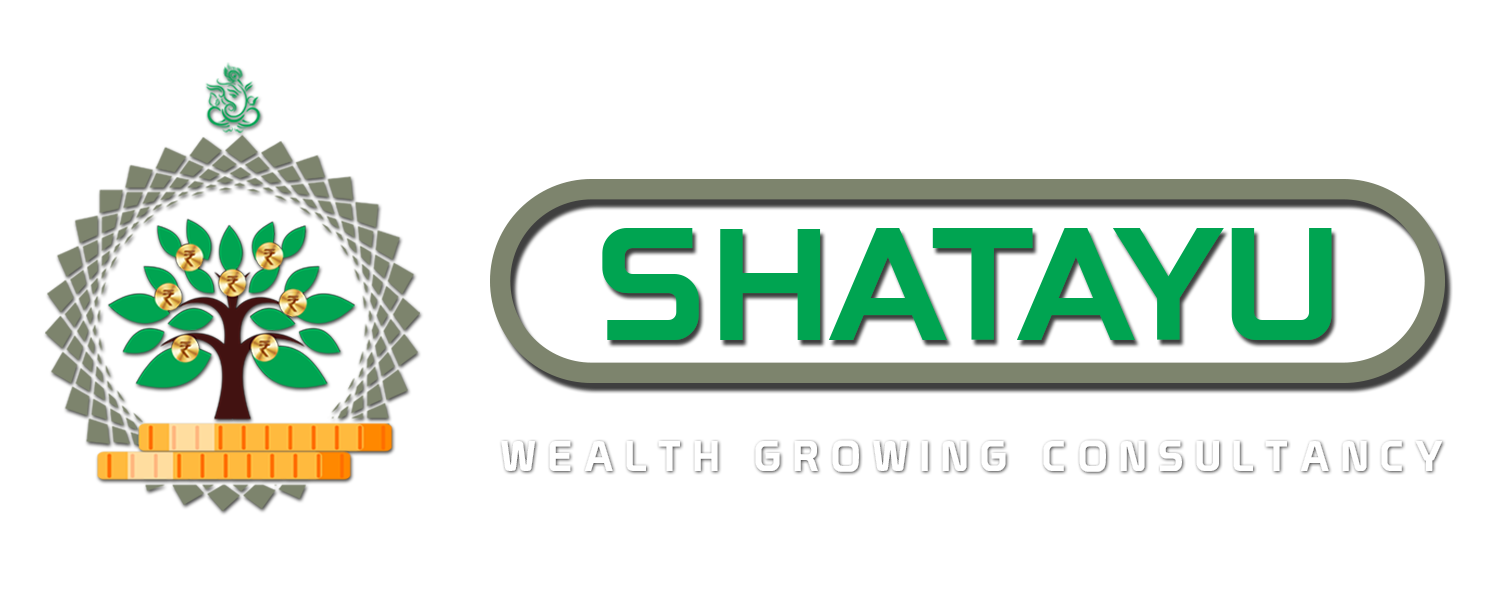Shatayu Wealth Growing Consultancy
FAQ's About Investments!
It's important to note that investment involves risks, and the information provided here is for general informational purposes. It's always advisable to conduct thorough research, consider your individual circumstances, and consult with professionals before making investment decisions.
What is Investment ?
Investment refers to the act of allocating funds, assets, or capital with the expectation of generating returns or profits over time. It typically involves purchasing financial instruments, such as stocks, bonds, mutual funds, real estate, or starting a business, with the aim of increasing wealth or achieving specific financial goals.
What are the different types of investments?
There are several types of investments, including:
Stocks: Ownership shares of publicly traded companies.
Bonds: Fixed-income securities issued by governments, municipalities, or corporations.
Mutual funds: Pooled investment funds that invest in a diversified portfolio of securities.
Real estate: Properties or land purchased for investment purposes.
Commodities: Physical goods like gold, oil, or agricultural products.
Cryptocurrencies: Digital currencies like Bitcoin or Ethereum.
What is the risk associated with investments?
Investments inherently involve risks. The level of risk can vary based on factors such as the type of investment, market conditions, economic factors, and individual risk tolerance. Generally, investments with potentially higher returns, such as stocks or cryptocurrencies, carry a higher level of risk compared to more conservative options like bonds or savings accounts.
How do I determine my investment goals and risk tolerance?
etermining investment goals and risk tolerance involves assessing your financial objectives, time horizon, and comfort level with market fluctuations. Consider factors such as your age, income, financial obligations, and willingness to accept potential losses. It can be helpful to consult with a financial advisor to evaluate your risk tolerance and align your goals with appropriate investment strategies.
What is diversification, and why is it important?
Diversification is the practice of spreading investments across different asset classes, industries, or regions to reduce risk. By diversifying, you minimize the potential impact of a single investment's poor performance on your overall portfolio. It's important because it helps balance risks and potentially increases the likelihood of achieving more stable returns over time.
How do I get started with investing?
Getting started with investing involves several steps:
Set clear investment goals and establish a timeframe.
Determine your risk tolerance and investment strategy.
Educate yourself about different investment options and markets.
Open an investment account with a brokerage firm or financial institution.
Research and select suitable investments based on your goals and risk tolerance.
Monitor your investments regularly and make adjustments as needed.
Should I seek professional advice for investing?
Seeking professional advice, such as a financial advisor, can be beneficial, especially if you are new to investing or have complex financial goals. A financial advisor can provide personalized guidance, help you understand investment risks, and assist in developing a suitable investment plan.






















